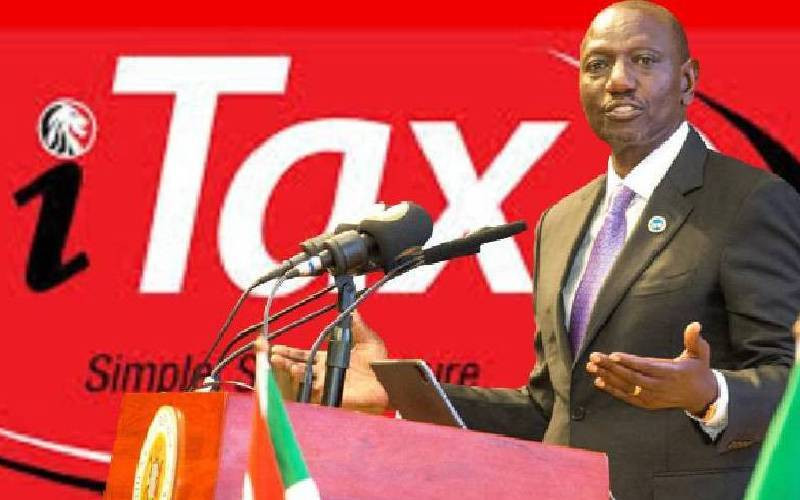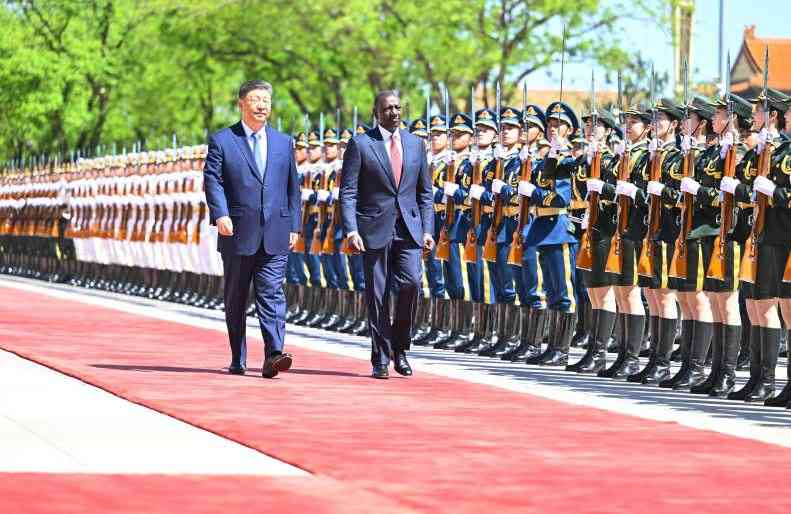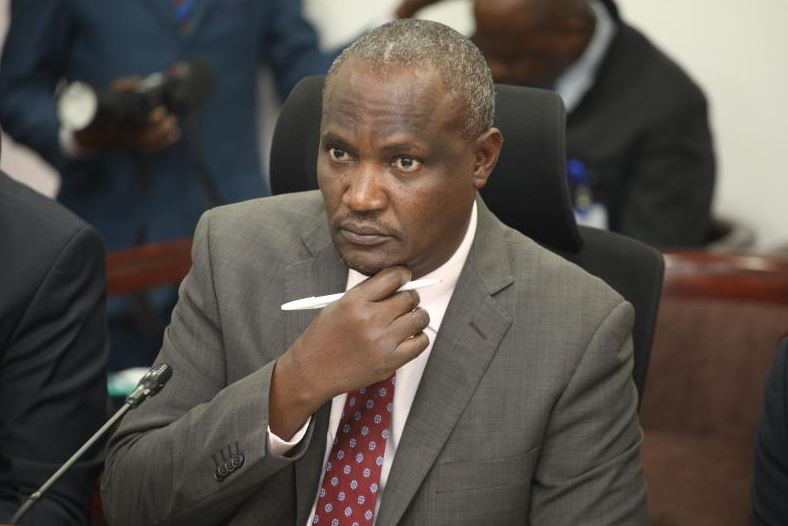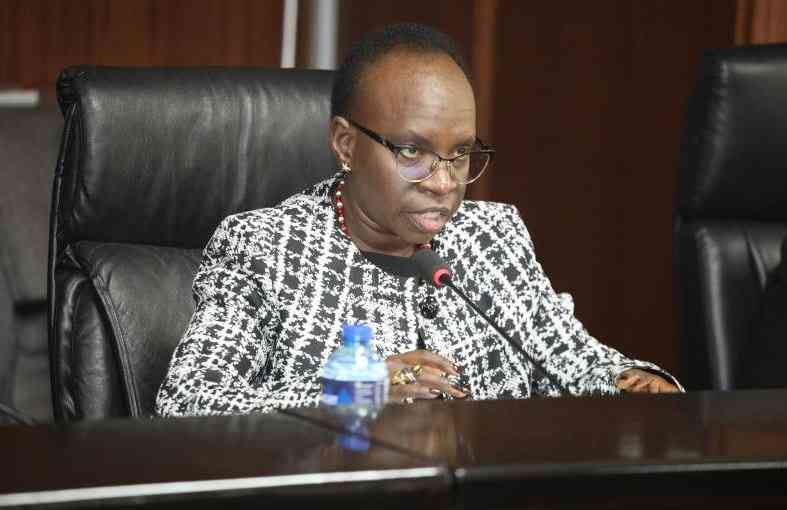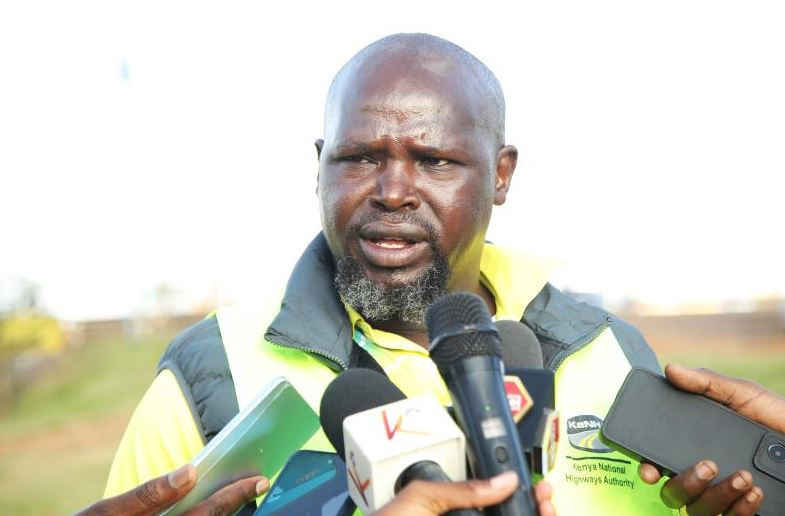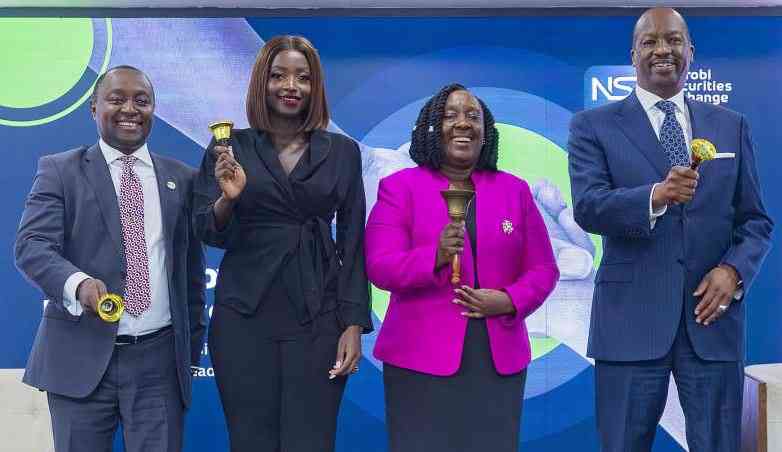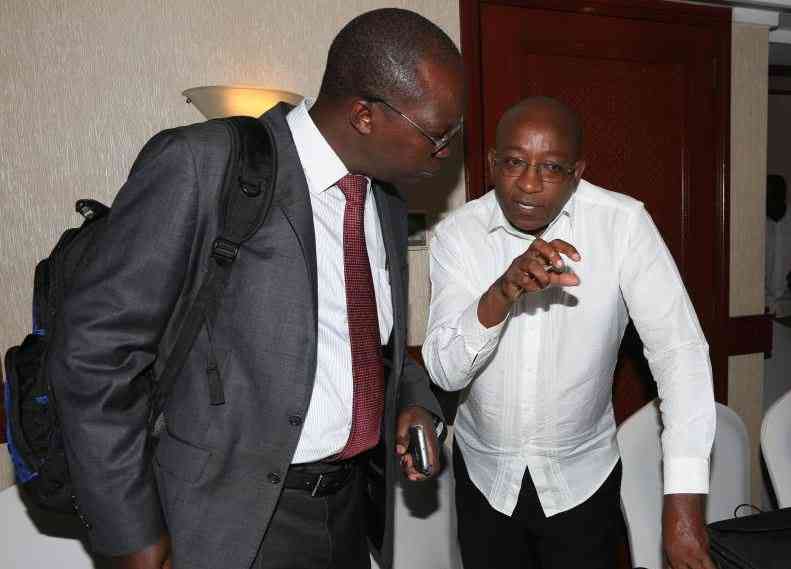
The International Aids Society (IAS) has welcomed a bipartisan decision by the US Senate to protect the President’s Emergency Plan for Aids Relief (Pepfar) from proposed funding cuts.
US President Donald Trump’s had threatened to slash $400 million (Sh51 trillion).
The move comes as Kenya Red Cross Society, a principal recipient of Global Fund support, ramps up key interventions to reverse a worrying rise in mother-to-child HIV transmission, up from seven to nine per cent between 2023 and 2024.
Through US Agency for International Development (USAid) and Pepfar, America has played a vital role in Kenya’s healthcare system.
The support includes malaria treatment, essential drug supply—such as antiretroviral (ARVs) and antimalarials, vaccine distribution, TB care, and training of healthcare providers.
IAS, however, said both the Senate and House must still vote on the final rescission package, and further changes could be reintroduced before the statutory deadline for action.
“Pepfar has been one of the greatest success stories in global health, transforming the HIV response,” IAS President Beatriz Grinsztejn said.
She added: “Global advocacy played a crucial role in persuading US lawmakers to protect this vital programme, reminding them that decisions about PEPFAR shape the health and futures of people around the world. Yet uncertainty remains, with must stay vigilant.”
IAS President-elect Kenneth Ngure emphasised the importance of the decision for the African continent.
“PEPFAR is a lifeline for communities across Africa. Restoring this funding would mean hope for people living with and affected by HIV. But African leadership must remain at the centre of shaping our response, and we need to keep advancing conversations about sustainable financing — including stronger domestic investments and strategies to reduce dependence on global donors,” he said.
Speaking in Kigali, Rwanda, during a conference on HIV Science, IAS called for a swift action to protect essential HIV services and urged leaders to ensure continued investments that save lives and support global health.
PEPFAR got a reprieve last week when the US Senate removed the White House’s proposal to withdraw $400 million from the programme.
The cuts were part of a broader rescissions package — now $9 billion (Sh1. 162 trillion)— that Congress had already appropriated and that the Trump administration wants to claw back.
A bipartisan group of senators rescued the PEPFAR funding, but the House of Representatives still needs to approve changes in a week’s time.
If lawmakers miss the set deadline, the rescissions request will expire.
Stay informed. Subscribe to our newsletter
This does not mean PEPFAR has been fully restored-many of its projects have been terminated by the Trump administration, and it is still operating under a waiver that limits its ability to fund prevention activities.
In addition, USAID which implemented many of the PEPFAR projects, has been dismantled, and the State Department, which inherited USAID’s global health programmes, just experienced mass layoffs.
“Nonetheless, activists took the withdrawal as a sign that US lawmakers are still willing to defend PEPFAR and might even protect it from the $1.9 billion cut to the programme that the administration has proposed for the 2026 fiscal year,” Nelson Otwoma, Executive Director, National Empowerment Network of People Living with HIV/Aids in Kenya, told The Standard.
Amid freeze on foreign aid KRCS has intensified its HIV response efforts by leveraging the power of lived experience, with mentor mothers playing a vital role in preventing new infections and improving treatment outcomes across high-burden communities.
As a principal recipient of Global Fund HIV grants since 2012, KRCS has taken a lead in coordinating community-centred interventions, working with various sub-recipients to implement life-saving programmes targeting key populations among them adolescents and young people, sex workers, people who inject drugs, men who have sex with men, and transgender individuals.
The goal of the current Global Fund-supported grant is aimed at reducing new HIV infections by 75 per cent.
Achieving this, according to Mirriam Ngure, Head of Global Fund Programme at KRCS, is only possible through an integrated approach combining prevention, care, and treatment, all anchored at the community level.
Among the prevention strategies championed by KRCS include condom distribution, access to oral and long-acting injectable PrEP, and awareness creation.
Through the “Undetectable = Untransmittable (U=U)” principle, the organisation is working to reduce viral loads, ensuring people living with HIV do not transmit the virus to others.
“A lot of our impact comes from engaging the community directly. We have enhanced access by integrating drop-in centers into existing health facilities to ensure sustainability, reduce stigma, and increase acceptance, especially among marginalised populations,” Ngure explains.
With a shrink in foreign aid, one of KRCS’s standout strategies involves the use of mentor mothers—women living with HIV who have successfully navigated the challenges of pregnancy, treatment adherence, and stigma.
Mentor mothers track HIV pregnant mothers in their communities, offer psychosocial support, deliver antiretroviral therapy (ART), and ensure they do not default on treatment due to distance, poverty, or stigma.
Additionally, the humanitarian organisation encourages early Antenatal care (ANC) visit, and has integrated peer-led outreach to help identify, counsel, and support pregnant women as early as possible.
“It is worrying that many mothers attend ANC only after six months of pregnancy, which delays early diagnosis and timely interventions,” said Ngure.
Data by Ministry of Health shows prevalence of mother child transmission to be higher in areas that have low HIV burden, including Samburu, Turkana, West Pokot, Garissa, Isiolo among others.
Ngure attributed the cases to low awareness and climate-induced food insecurity.
“Drought and economic hardships impact nutrition, which in turn affects treatment outcomes. These challenges call for context-specific interventions. In semi-arid and arid counties, food is more important to the population, as compared to ARVs, or HIV treatment,” says Ngure.
As the principal recipient, KRCS oversees grant compliance, risk management, and capacity building for sub-recipients.
They also ensure data quality and regular reporting aligned with national and donor expectations.
“We track data from the community level up to county and national platforms. Through supportive supervision and quality assurance, we ensure that what is reported reflects real service delivery and impact, ”explains Ngure.
Despite the financial squeeze, KRCS remains committed to community engagement and evidence-based interventions—especially for young people.
Adolescents are taken through proven programmes that encourage early testing, informed decision-making, and continued engagement with health services.
“The fight against HIV is far from over,” said Ngure. “But with the help of empowered mentor mothers and the communities they serve, we are closer to closing the taps of new infections.”
Among the recommended strategies applied by the KRCS with support from the Ministry, is the expansion of ANC and the increased use of mentor mothers.
Currently, most women begin ANC visits around six months of pregnancy, limiting the window for effective prevention of HIV transmission to their unborn children.

